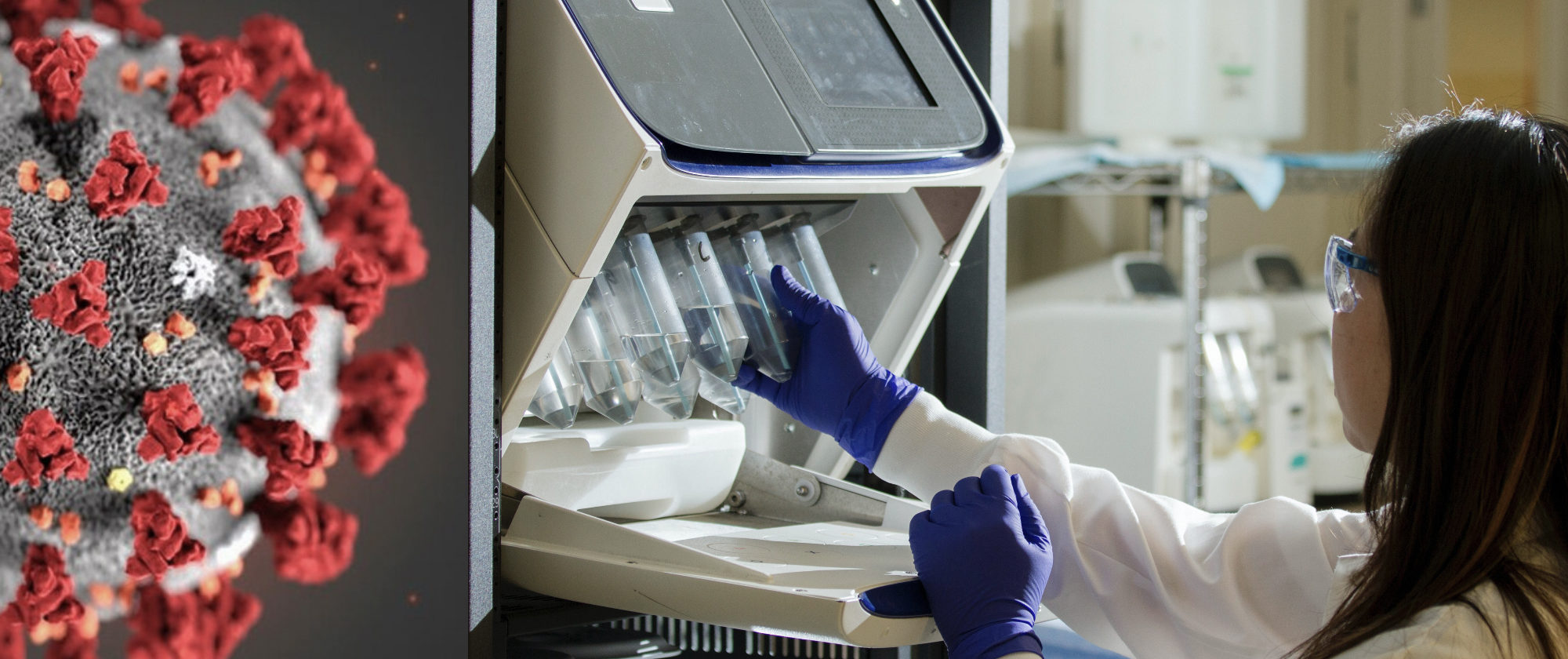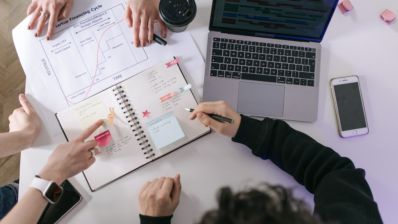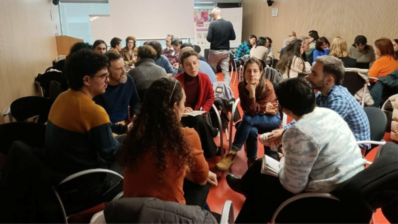In the collective battle against Covid-19 — and against the clock — we need all the hands and brains we can get. Several of the research groups at the Barcelona Biomedical Research Park (PRBB) centres are switching their research focus to help in this global fight against the new coronavirus.
Here’s a brief summary of some of the research initiatives currently going on at the park. The list is ever-growing, so new projects may arise in the coming days and weeks.
Researchers at Barcelona Institute for Global Health (ISGlobal) are experts on infectious diseases. As a global health institute, the centre has decided to make the fight against coronavirus a priority line of action. They have up to 17 ongoing scientific projects, from epidemiological studies that study transmission and collective immunity, to clinical studies looking into the efficiency of antivirals for the treatment of Covid-19, including a multisite clinical trial with remdesivir. You can help them achieve their aim by making a donation. ISGlobal is also doing a great effort in keeping us all updated with the latest evidence-based information about Covid-19 from around the world. On a broader level, ISGlobal is, for now, the only Spanish member of the ‘COVID-19 Clinical Research Coalition’, an international coalition of more than 70 institutions that brings together leaders in science and medicine, project funding and decision-making from more than 30 countries, in order to respond to COVID-19 in countries with the most limited resources. This centre is also collaborating in a hackaton aimed at detecting the citizens needs that have arisen as a result of the confinement and solving them.
At the request of the Catalan Government, the Centre for Genomic Regulation (CRG) will coordinate one of the two COVID-19 mass detection nodes in Catalonia, with the aim of performing a total of 170,000 tests in the next 6 weeks (100,000 tests will be done at the CRG’s facilities at the PRBB and another 70,000 at the other node, at the PCB’s facilities, coordinated by the IRB and IBEC). Also, the group led by Eva Maria Novoa has launched a publicly-available, free-to-use resource (https://covid.crg.eu) that can be used to study how different variations of the virus grow, mutate and make proteins. They are taking nanopore RNA sequencing data — very complex and obtained by laboratories around the globe without clear systematic guidelines — and analyzing it using MasterOfPores, a computer program developed by the lab, so that it meets a more universally comparable standard. You can keep updated with all the Covid-19 related research taking place at the CRG on this website.
At the Department of Experimental and Health Sciences, Pompeu Fabra University (DCEXS-UPF), several research groups, from virology and immunology to proteomics or synthetic biology, are also joining forces to study the immunity control of the antiviral responses and to develop new tests for SARS-Cov-2 infection, as well as new and improved antiviral therapies and even a vaccine. Again, you can chip in to help fund them!
The Hospital del Mar Medical Research Institute (IMIM) has obtained funding for three projects against COVID-19, two led and one in collaboration, as part of the emergency call made by the Ministry of Health in collaboration with Biocat. The call will fund a total of 19 research and innovation projects for the prevention and treatment of COVID-19 with a total of 4 million euros. The projects at IMIM are led by researchers Giuliana Magri, on plasma and antibody therapies; and by Jana Selent, on clinical trials with drugs under investigation for other indications. The collaborative project, in the section of genetic studies, is led by Jordi Carratalà of IDIBELL in collaboration with Lara Nonell, researcher and member of MARGenomics at IMIM.
Beyond health
But SARS-Cov-2 is not only affecting our health, and there are several projects at the PRBB centres that look at the other effects of the virus.
- Researchers at ISGlobal are reflecting on pollution and the degradation of our environment in the context of the Covid-19.
- A project at IMIM is looking at the effect the green we have at home can have on us during this long confinement period. If you live in Spain, you can contribute by answering this survey.
- Other researchers are interested in studying how the social distancing and home confinement are affecting our mental health (IMIM), or the impact the health crisis due to the Covid-19 pandemic can have in the mental health of pregnant women and recent mothers (BiSC project at ISGlobal).
Solidarity is key
The research and academic communities are not only putting their brains to the task, but also offering their hands and resources.
Medicine and nurse students, including many at the UPF, are offering themselves in the thousands to help, be it at hospitals, answering the health helplines, or even as babysitters to help ease the burden of the working hospital staff.
Biologists, engineers and DIY lovers in general are also proving themselves helpful. The so-called Coronavirus Makers is an online community of thousands that was born out of this crisis with a single aim – do all they possibly can to bring the coronavirus pandemic to an end. At the PRBB we have several of them – like Matthias Blanc, a PhD student from the laboratory led by Cristina Pujades at the DCEXS-UPF, or Edgar Garriga Nogales from the Notredame lab at the CRG.
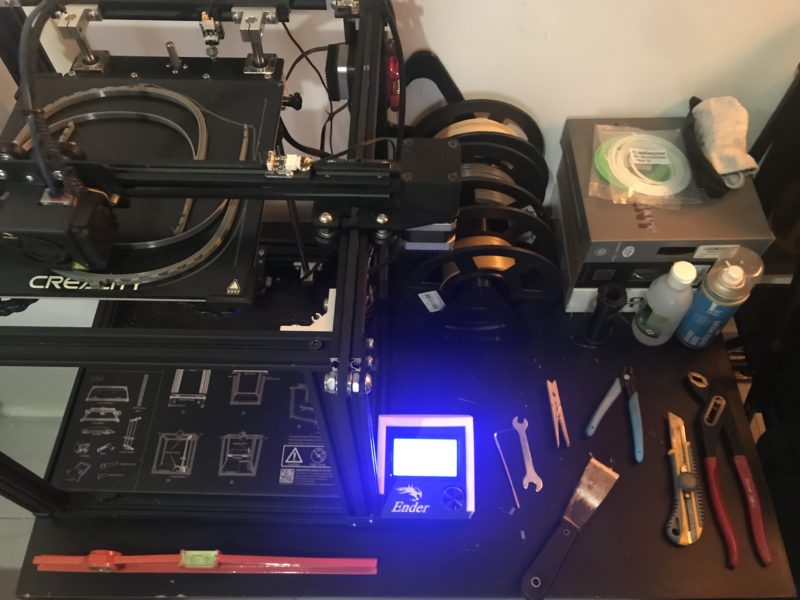
Also, the UPF has sent their four 3D printers to biomedical engineering students who are busy at home producing protective visors to help cover the lack of medical supplies required to fight Covid-19. The 20 visors created daily – each takes about 2h to be made – are delivered to the Coronavirus Makers community that will distribute them to the hospitals that need it. Since the start of the coronavirus crisis, that community has given hospitals all over Spain about 350,000 protective visors.
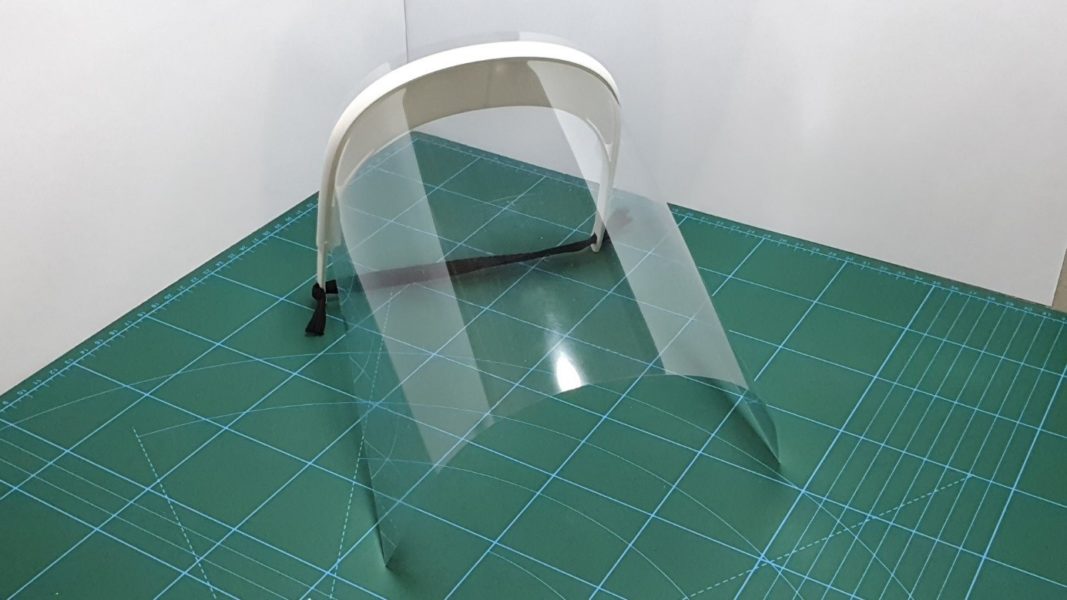
Finally, the PRBB animal facility and all the PRBB centres have donated material (gloves, masks and labcoats) to the local hospitals.
You can also help!
There are many fronts in the fight against coronavirus. Remember you can also play your part by making a donation to the ISGlobal or the DCEXS-UPF research projects, or by helping crowdfund the assotiation “Amics del Hospital del Mar” so they can acquire much needed health resources for the hospital and invest in research. But not only money helps, the campaign #cartesquecuren is collecting messages for the patients that find themselves in isolation. Words can cure, send yours!
Together, we can.


